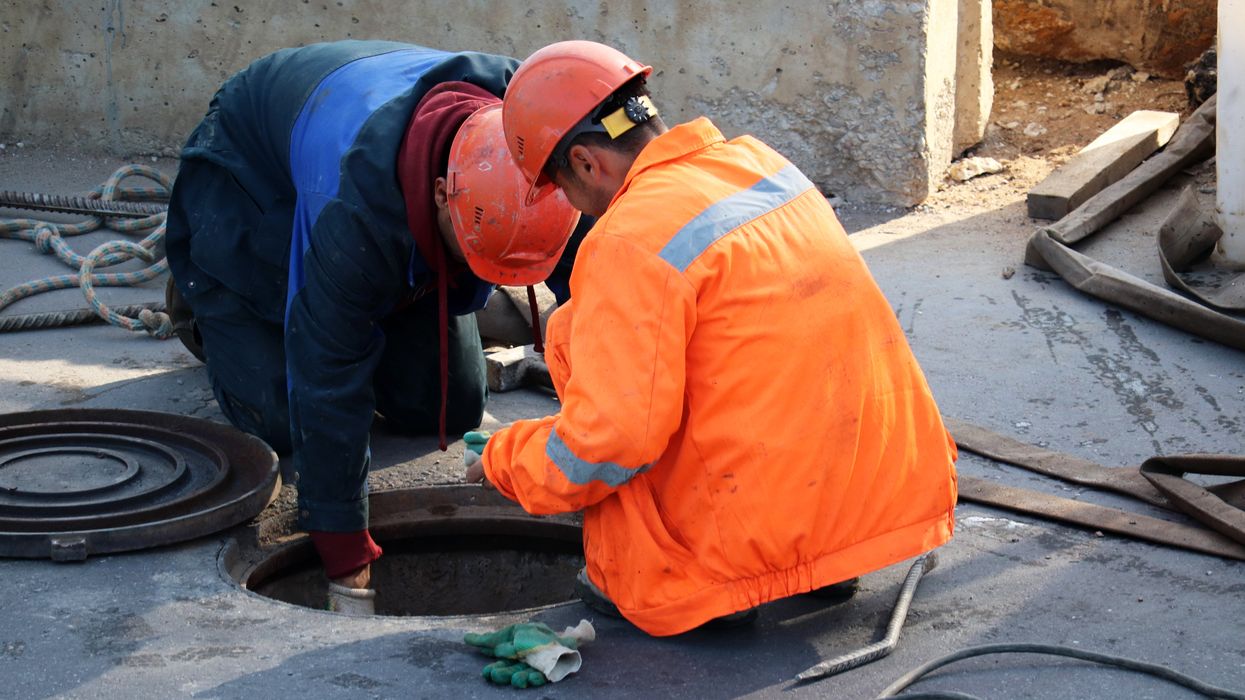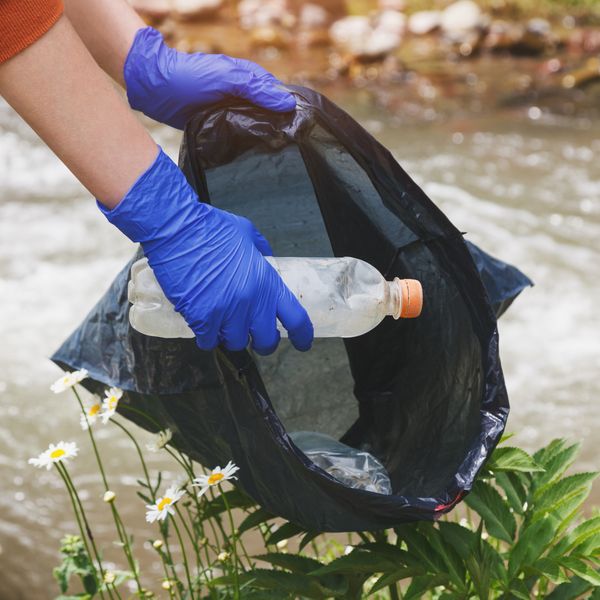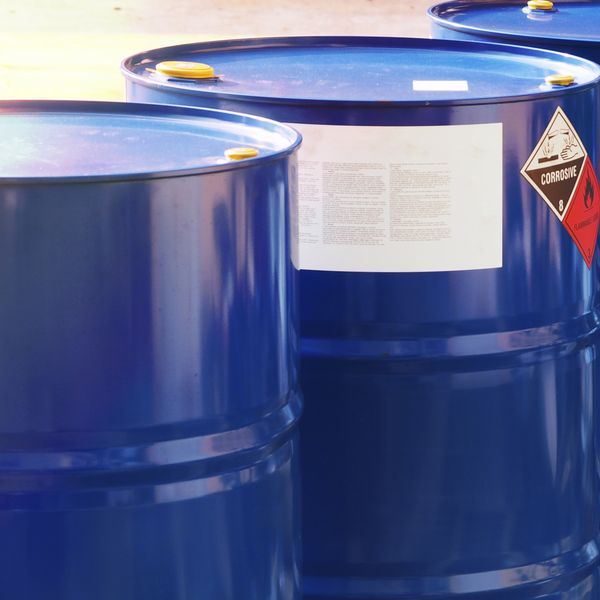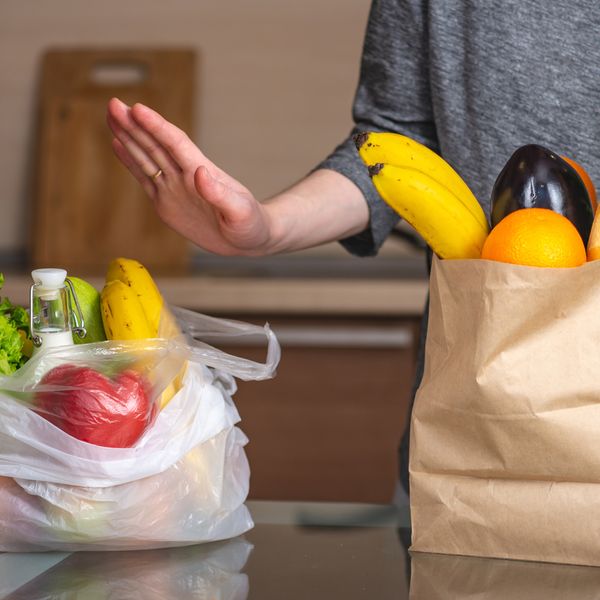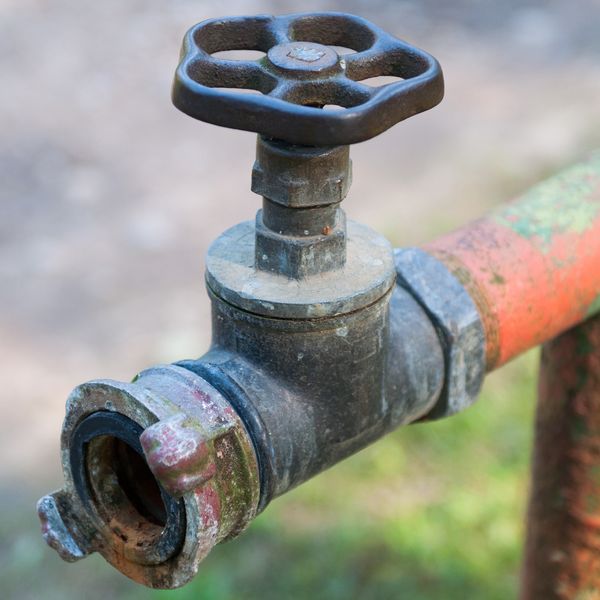State Updates
Rhode Island says don't flush wipes
The Rhode Island Department of Environmental Management issued a reminder that disinfectant wipes should be disposed of in the trash, not flushed in toilets. This comes on the heels of one municipality in the state having to respond to a mainline sewer clog that affected 30 households and also caused more than 1,100 gallons of raw sewage to overflow into the Pocasset River.
New York uses drones to find old oil wells
The New York State Department of Environmental Conservation (NYDEC) and Energy Research and Development authority (NYSERDA) are using drone technology to find and plug aging and abandoned oil and gas wells that leak methane into the air. Methane is a potent greenhouse gas. NYDEC says methane represents nearly 10 percent of the state’s annual greenhouse gas emissions; therefore, methane reduction is a key piece of New York’s strategy to address the risks from climate change.
Pennsylvania updates its general form
The Pennsylvania Department of Environmental Protection (PADEP) has updated its General Information Form (GIF) used to facilitate coordination between different types of permit or authorization applications for the same project. The updated form can be found in PADEP’s eLibrary.
Kentucky forestry program hopes to save oaks
A Kentucky Division of Forestry (KDF) nursery could be essential in research efforts around white oak tree sustainability. The tree species is an important part of the regional economy and habitat but is being faced with challenges causing young tree populations to decline. As part of the White Oak Initiative, KDF is one stakeholder leading the Genetics and Tree Improvement Program, hoping to find a sustainable solution for the forests.
IEPA keeps feel-good programs going
Illinois EPA (IEPA) wasn’t going to let COVID-19 stop its environmental education outreach. With adjustments for distance learning in place, programs have continued to be available for both youth and educators, including the recent conclusion of a virtual poster, poetry, and prose contest for fifth and sixth graders. Students created visual and written responses to the prompt “Fight Food Waste: Our Environment Can’t Be Replaced!” Entries were submitted via email and the top entries will appear on the IEPA website.
Arkansas Go Red! program open until April
In December 2020, the Arkansas Department of Environmental Quality opened the application period for its Reduce Emissions from Diesels program (Go RED!). Applications will be reviewed on the last day of each following month until all funds are awarded, or until April 30, 2021, whichever comes first. Public and private entities in Arkansas are eligible to receive funding for projects that will reduce diesel emissions within the state.
Iowa hypes its easy air permitting system
Surpassing its one-year anniversary in late 2020, Iowa DNR’s “EASY Air” permitting system continues to tout its success. The agency attributes some of the success to the outreach and training resources committed to the program throughout 2020. Enhancements to the system have been rolled out since initial use and the agency has plans to continue with improvements.
Railway affirms commitment to site cleanup
Under a consent decree approved by the U.S. District Court for the District of Montana, the U.S. Department of Justice, the State of Montana, and a railway company requires the railway company to implement institutional controls, perform long-term operations and maintenance, and pay future response costs at the Libby Asbestos Superfund site. The railway company had previously completed removal actions and remedial investigations at the site.
Nevada offers help on clean car initiative
In December 2020, the Nevada Department of Environmental Protection (NDEP) kicked off a series of webinars discussing the “Clean Cars Nevada” initiative. Clean Cars Nevada is designed to evaluate new regulations that would provide Nevadans with more choices for low and zero emission passenger cars and light-duty trucks. Be on the lookout as through 2021, NDEP will continue to engage with stakeholders and host workshops to gather input.
EPA finishes wildfire cleanup in Oregon
After three months of cleanup, EPA concluded its removal of household hazardous waste from burned-out properties in eight Oregon counties affected by the September 2020 wildfires. The agency estimates that 300,000 pounds of hazardous waste was removed from 2,285 properties. This included the removal and proper disposal of thousands of propane tanks, firearm ammunition, oil, gasoline, solvents, paints, pesticides, and asbestos.

